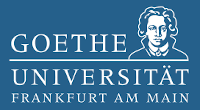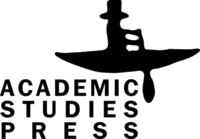Prayer "Birkat ha-Minim" ("Blessing of heretics") and the ban on participation in the synagogue liturgy
DOI:
https://doi.org/10.31168/2658-3356.2018.5Keywords:
Jewish-Christian relations, Second Temple Judaism, Early Christianity, Christian anti-JudaismAbstract
The Jewish prayer “Birkat ha-Minim” (“Blessing on the heretics”), 12th benediction of Amida, attracts attention not only of Jewish Liturgy researchers, but it is also an important plot in the history of Jewish-Christian relations in ancient period. Throughout the 20th century “Birkat ha-Minim” was read in the context of anti-Judean passages of the New Testament’s books and early Christian polemic treatises. Such works often include New Testament references to the excommunication of the Christ’s followers from the synagogue (John 9:22; 12:42; 16:2). On the other side, for 2nd – 3rd centuries’ Christian authors “Blessing” was one of the reasons for the emergence of anti-Jewish sentiments in the Christians' environment. However, in recent times, a number of scholars, after more than a hundred years break, conducted a paleographic and textual analysis of the most currently known manuscripts, containing the text of the prayer, and published number of its versions, accompanied by a new critical apparatus. These publications have radically changed the understanding of this blessing. For this reason, all previous works either require rethinking or completely outdated. Although recent research allows us more accurately determine the time and place of the creation of manuscripts containing prayer, there is still no consensus on what purpose it was created and who should be understood by the term “Minim”. In addition, to what extent we can link “Birkat ha-minim” with the New Testament passages about excommunication Christ’s followers from the synagogue.












